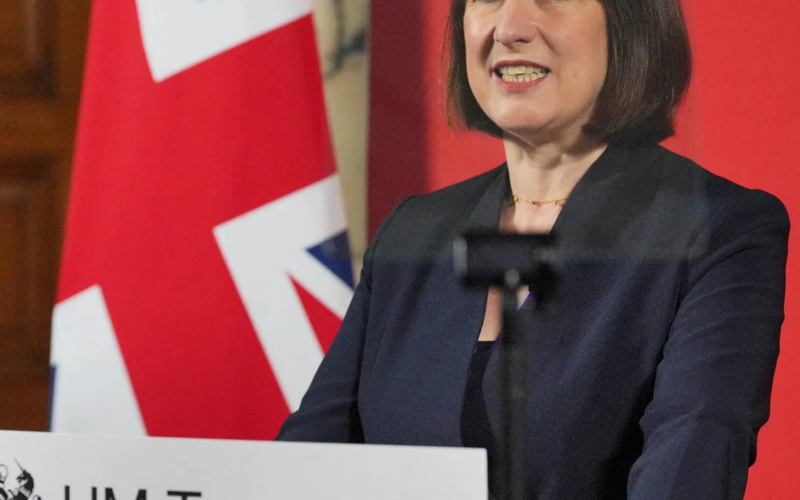In a significant address to the House of Commons, Britain’s Finance Minister Rachel Reeves outlined a series of stringent measures to tackle the country’s financial challenges. Reeves announced that the newly elected Labour government has inherited a projected overspend of £22 billion ($28.2 billion) from the previous Conservative administration.
Reeves emphasized the need for “necessary,” “urgent,” and “incredibly tough” decisions to restore economic stability. “If we cannot afford it, we cannot do it,” she stated, signaling a clear commitment to fiscal responsibility.
Key among the measures announced were cuts to several high-profile infrastructure projects. The government will cancel the Restoring Your Railways Fund program, scrap plans for a tunnel at Stonehenge, and review a hospital expansion initiative introduced by former Prime Minister Boris Johnson. Additionally, cuts to winter fuel payments were also confirmed.
Despite these cuts, Reeves warned that further difficult decisions on spending, welfare, and tax were inevitable. She has ruled out increases to income tax, national insurance, VAT, or corporation tax, the primary sources of government revenue. This leaves her with the challenging task of balancing the party’s commitments to boosting national investment and public sector pay.
Reeves also announced plans to present the government’s first annual budget on October 30, marking the first major fiscal event under the new Labour administration. Her approach is seen as indicative of the tone she will set during her tenure as Chancellor of the Exchequer.
Speaking to CNBC, Reeves underscored the Labour government’s intention to be “the most pro-growth, pro-business” administration the country has ever seen. Her statements and the proposed budget cuts are expected to shape the economic landscape of the UK for the foreseeable future.








